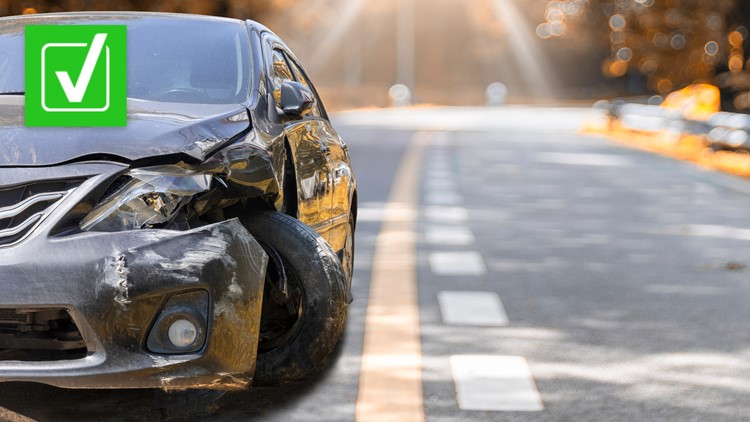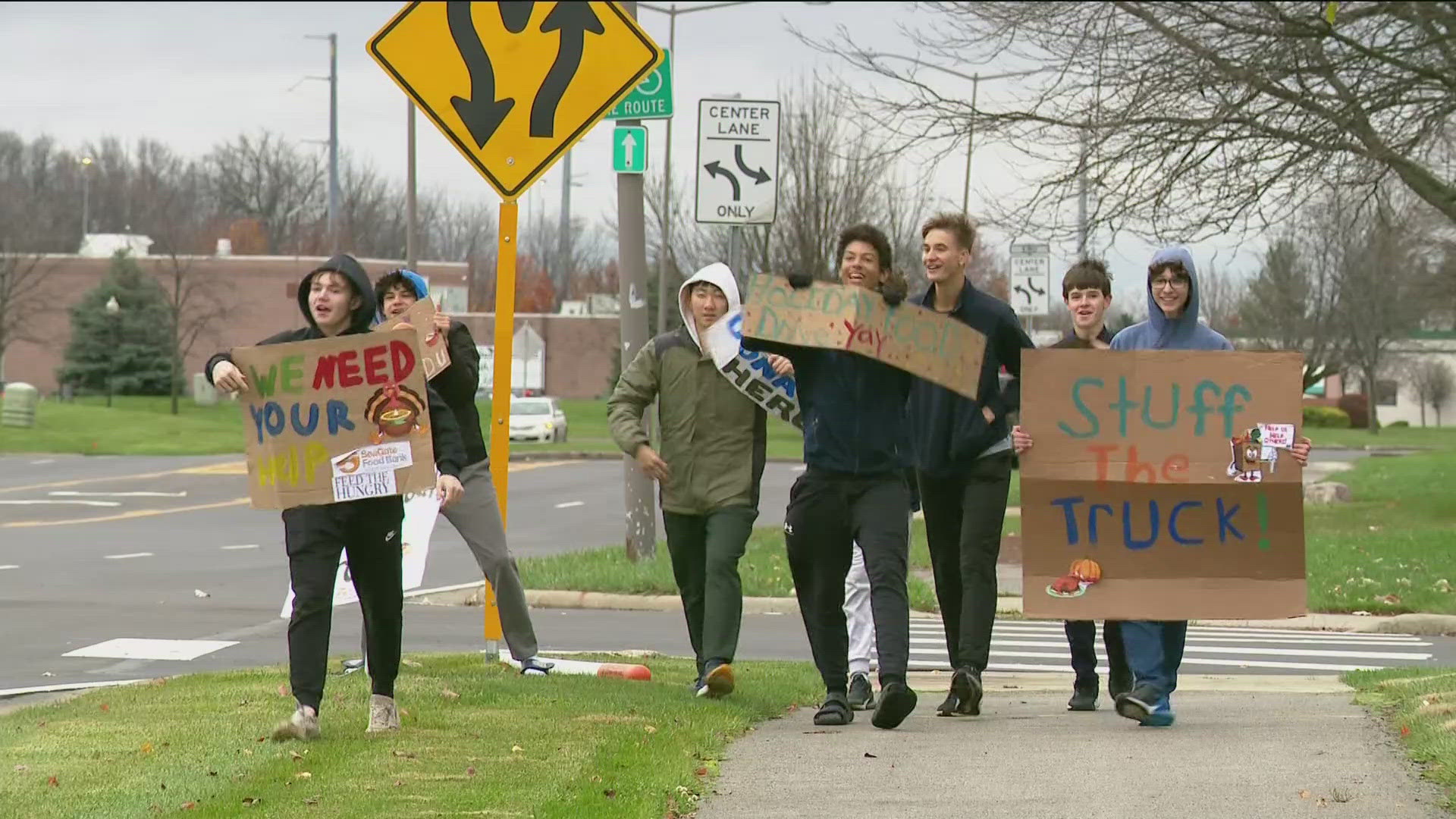Each year, people across the country travel to bars, restaurants and friends' houses to watch the Super Bowl. And after the game finishes, many people head home around the same time.
But are the roads unusually dangerous after the game? That’s what many believe. Law firms across the nation have written blog posts warning of unusually high auto accidents or traffic deaths on Super Bowl Sunday.
THE QUESTION
Is there a spike in traffic deaths after the Super Bowl?
THE SOURCES
2022 blog post by Tom Chapman, a National Traffic Safety Board member
2003 data from University of Toronto researchers published in the New England Journal of Medicine
Automobile Club of Southern California (commonly shortened to “Auto Club”)
THE ANSWER
Yes, there is a spike in traffic deaths after the Super Bowl.
WHAT WE FOUND
Each year, there is a higher number of deaths from car crashes immediately following the Super Bowl than what is typical for a Sunday night. This is particularly true of deaths related to drunk-driving incidents, which are considerably higher on Super Bowl Sunday than on the average day.
This has been true for decades. Data consistently show a spike in traffic deaths following the Super Bowl, and a spike in drunk-driving deaths specifically.
In 2022, National Traffic Safety Board member Tom Chapman wrote in a blog that for the five Super Bowls between 2015 and 2019, there were 244 total traffic deaths nationwide in the 12-hour period during and after the Super Bowl — Sunday at 6 p.m. to Monday at 6 a.m. That same 12-hour period one week before Super Bowl Sunday saw 202 traffic deaths, and that same 12-hour period one week after Super Bowl Sunday saw 187 traffic deaths.
In 2003, a pair of researchers from the University of Toronto who published their data in the New England Journal of Medicine found traffic fatalities spiked following the end of the Super Bowl over a 27-year period, between 1975 and 2001.
The researchers found a 41% increase in the average number of traffic fatalities after the telecast compared to the averages of the Sunday before and Sunday after the Super Bowl. They also found there was no significant difference in traffic deaths before the broadcast and a slight decrease in traffic deaths during the broadcast.
“The 41 percent relative increase in fatalities after the Super Bowl telecast exceeds the relative increase in fatalities on New Year's Eve that has prevailed for the past two decades in the United States,” the researchers wrote.
Based on the data, the spike in traffic deaths is likely related to a spike in drunk driving.
Chapman wrote that 46% of the 244 traffic deaths after the Super Bowl in National Highway Traffic Safety Administration (NHTSA) data were alcohol-related. Chapman said there were 74% more alcohol-related traffic deaths than on the Sunday before the Super Bowl, and 82% more alcohol-related traffic deaths than on the Sunday after the Super Bowl.
Mothers Against Drunk Driving (MADD) found that 47% of all traffic deaths immediately following the 2017 Super Bowl were related to drunk driving, while 29% of traffic deaths across all of 2017 were related to drunk driving.
In 2016, the Automobile Club of Southern California (Auto Club) released data that found drinking and driving crashes in California were 75% higher on Super Bowl Sunday than on comparable Sundays in January and February.
Auto Club’s study also found that over the 10 years between 2002 and 2011, there were 642 total alcohol-related fatal crashes in California on Super Bowl Sunday. That was 276 more fatal and injury alcohol-related crashes over 10 years than there would have been on typical Sundays, Auto Club said.
“In other words, 28 more alcohol-related fatal and injury crashes occur annually in California due to drinking and driving on Super Bowl Sunday,” Lorz Villagrana, Auto Club’s community programs and traffic safety manager, said. “The numbers seem to be fairly consistent from year-to-year.”
The NHTSA says to play it safe this Super Bowl Sunday, don’t drive if you had drinks at a Super Bowl party. And don’t let friends who have been drinking drive themselves home.



